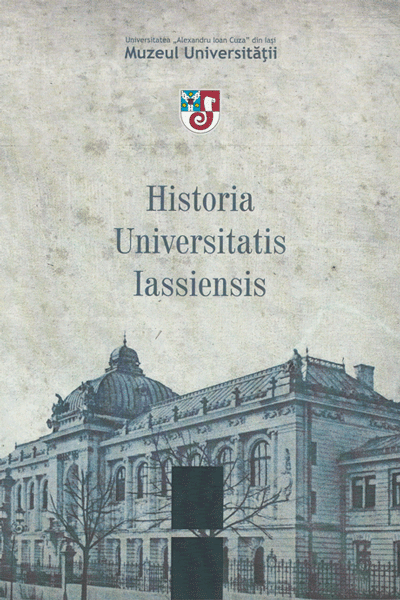From the absences of history toward the unequal of the equal. Women in the higher education of Romania 1919-1939
From the absences of history toward the unequal of the equal. Women in the higher education of Romania 1919-1939
Author(s): Dragoş SdrobişSubject(s): History, Social history, Gender history, Recent History (1900 till today), Interwar Period (1920 - 1939)
Published by: Editura Universităţii »Alexandru Ioan Cuza« din Iaşi
Keywords: Greater Romania; higher education; women; gender education; social promotion;
Summary/Abstract: In 1905, at the initiative of the Romanian Women Society, historian Nicolae Iorga held a conference on the woman’s role in Romania’s history.The metaphor chosen to describe the woman’s contribution was that of the absences of history. It should be stated that at the beginning of the 20th century the woman’s state was not very different from that described by Nicolae Iorga, despite the efforts of the feminist movement. But the shift occurred at the end of the First World War. The women’s contribution to the war effort behind the front lines, the sacrifice they made was sufficient to claim equal rights with men. But, although some pieces of progress were visible, the gender discrimination was maintained during the entire interwar period, namely the woman became more or less the unequal of the equal(Mihaela Miroiu).The aim of this study is to emphasize the women’s ratio in higher education during 1919-1939. The statistical data were extracted especially from the official yearbooks of the Romanian universities (Bucharest, Iași,Cluj, Czernowitz) and subsidiary from the Romania Statistical Yearbook.Proceeding like this, I was able to establish some educational trends, on gender criteria (the women’s propensity toward certain faculties or specializations), or on numeric criteria. This last one was the so-called phenomena of the overcrowding of the universities, an issue that provoked a reverberant debate regarding the role of the university and the social finalities of the higher education. It should be stated that this debate was not peculiar for Romania, because it was a very important issue internationally,too. Finally, I tried to propose an interpretative scheme for the measures implemented by the authoritarian regime of King Charles II – as the law of the social service or the establishment of Straja Țării (The Sentinel of theMotherland). From my point of view these two measures might have been designed as social mechanisms for controlling and positioning the higher education graduates.
Journal: Historia Universitatis Iassiensis
- Issue Year: 2014
- Issue No: 05
- Page Range: 85-118
- Page Count: 34
- Language: Romanian

